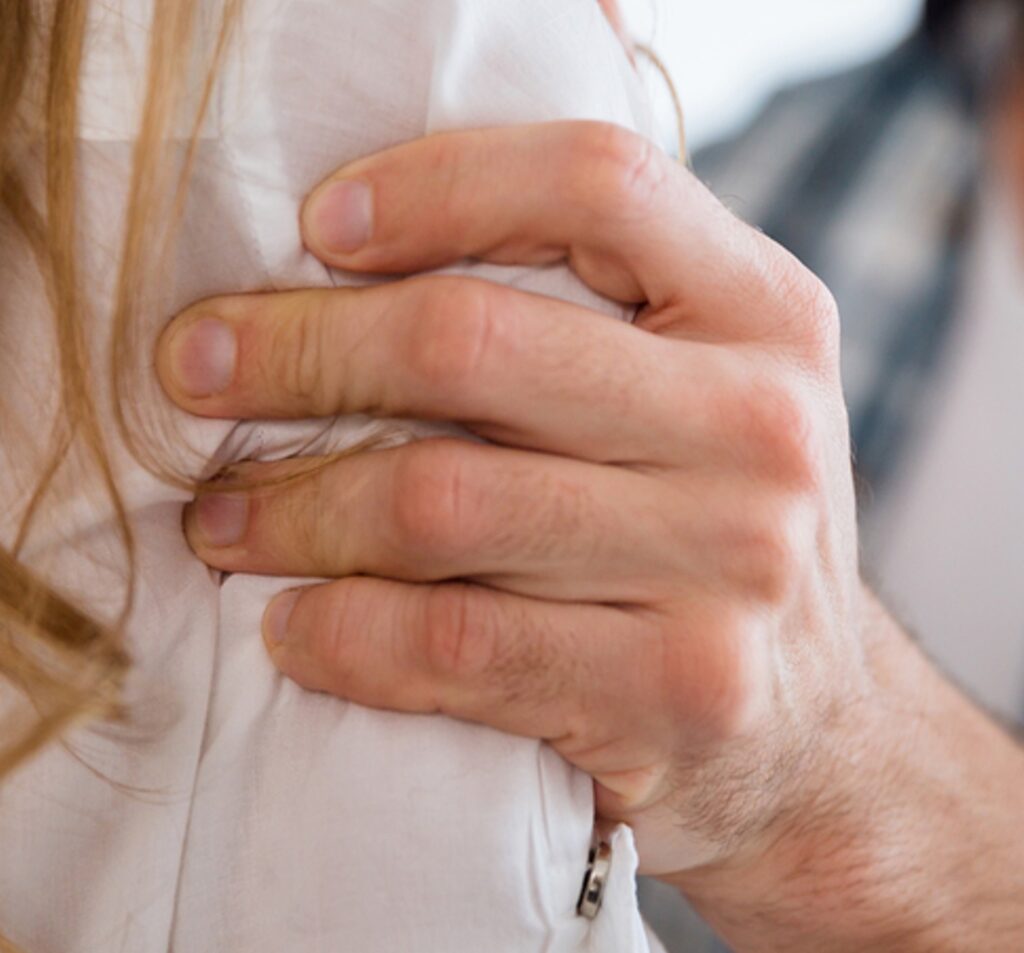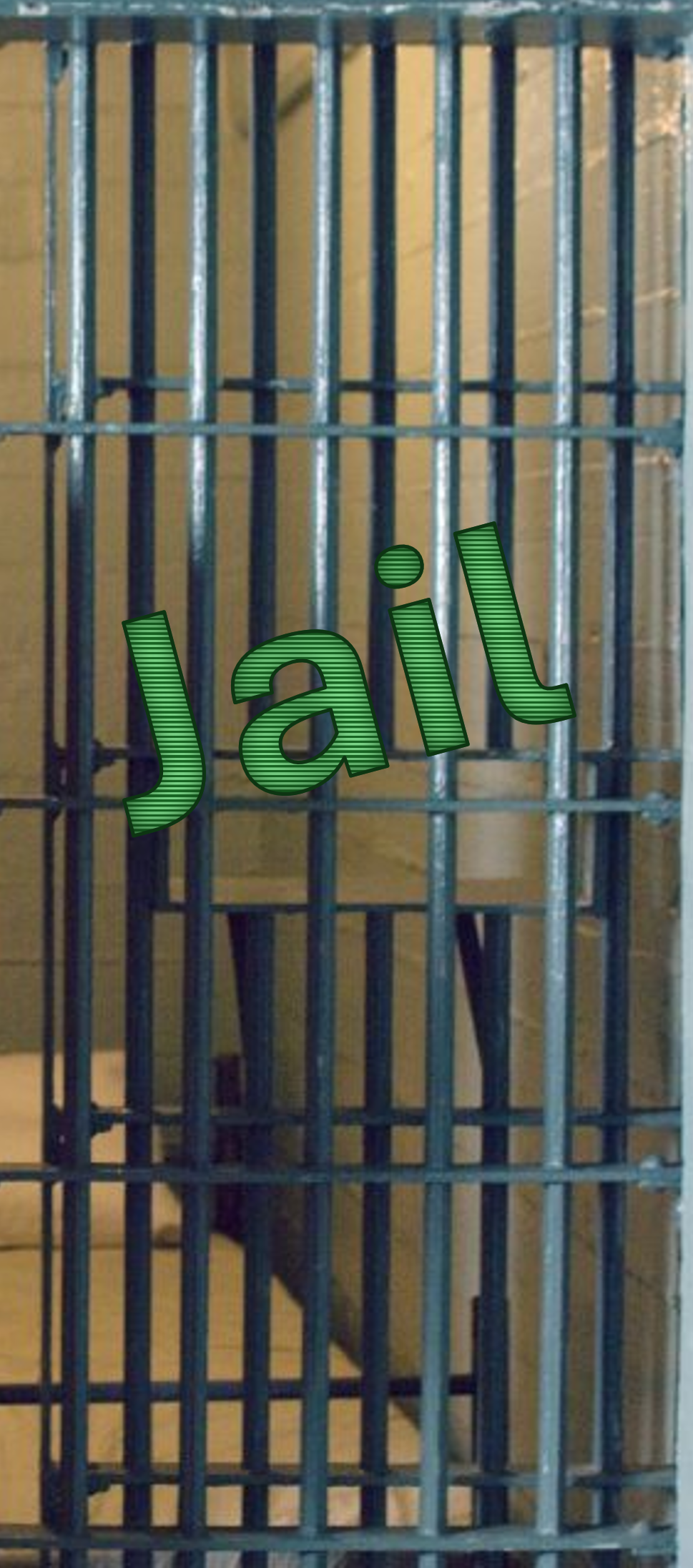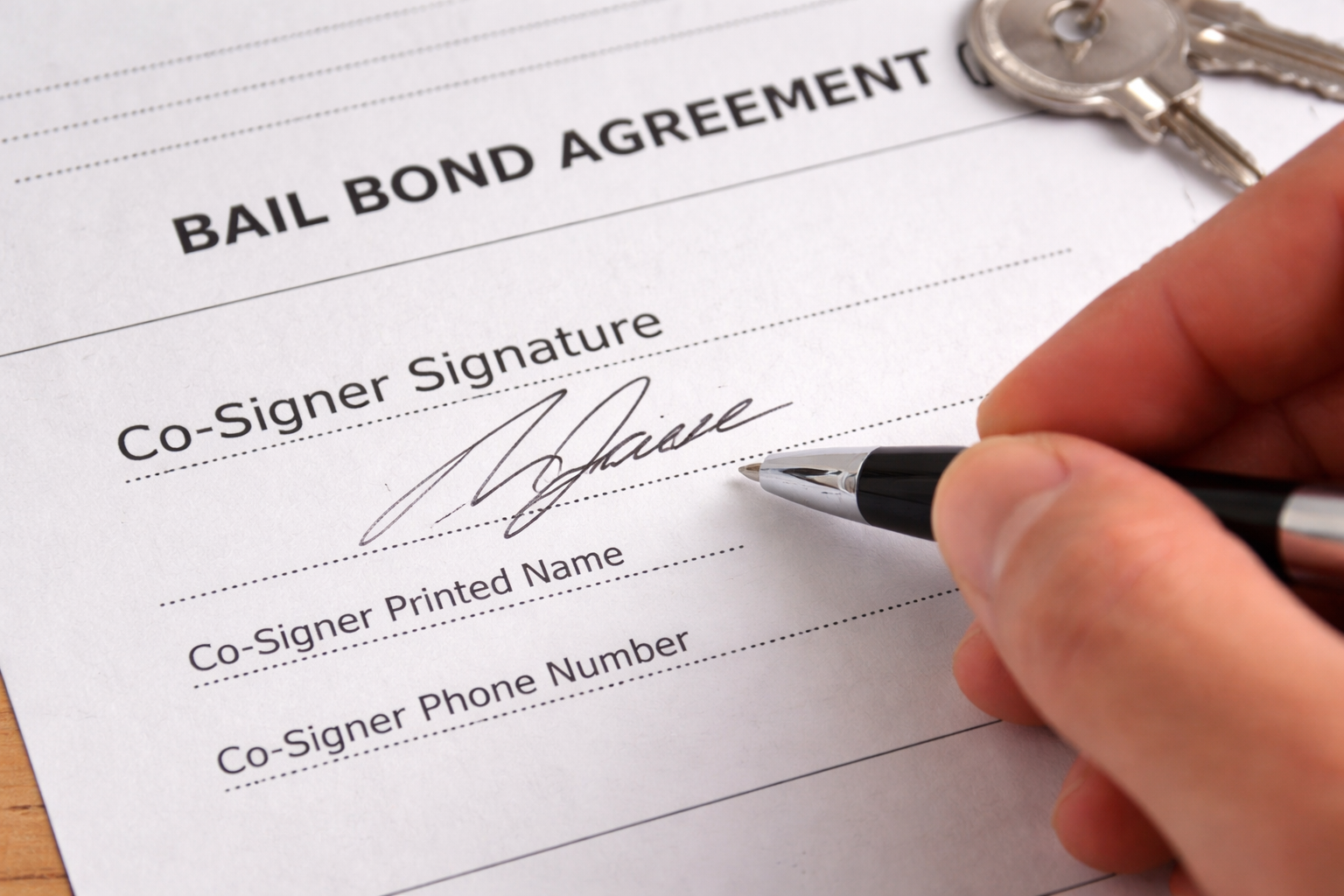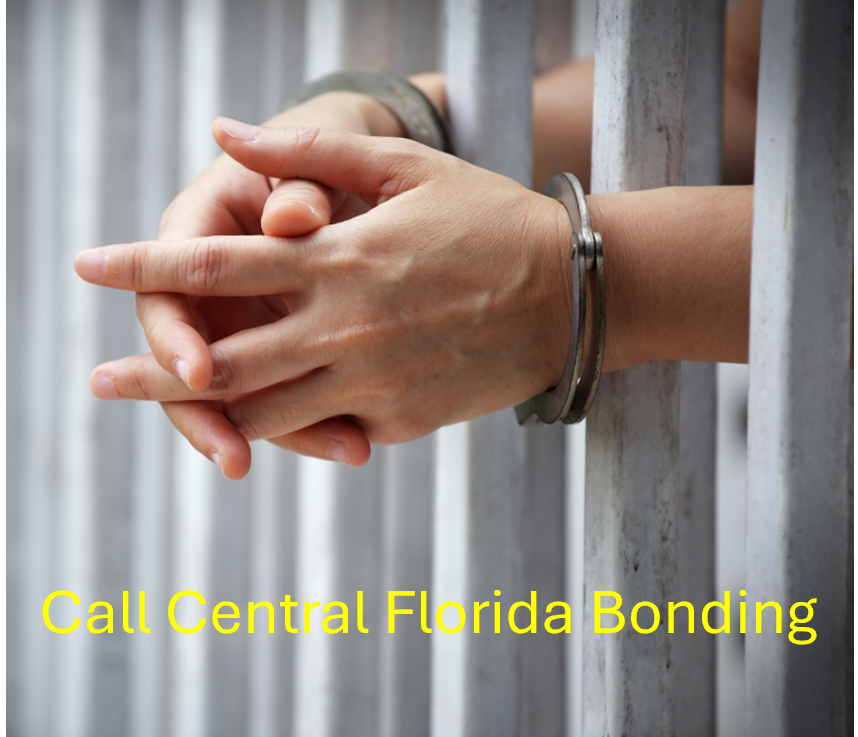Domestic Violence: Recognizing and Responding to Seasonal Stresses
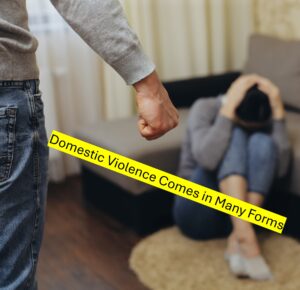
Domestic violence, a topic that can be uncomfortable to discuss, often intensifies under the strain of seasonal stresses. This escalation is particularly noticeable during certain times of the year. Although in Central Florida, just as in other communities, the cycle of domestic violence is not immune to these fluctuations.
Our team at Central Florida Bonding hopes this article sheds some light on the patterns, the signs, and the responses essential for those caught in the cycle. By recognizing the triggers and understanding the resources available, our community can take meaningful steps towards not just coping but also combating the rise in domestic violence.
The Seasonal Nature of Domestic Violence
Seasonal stresses, including the pressures of holidays, financial strain, and increased social obligations, often lead to a marked increase in domestic violence incidents. The holidays in November and December, while joyful for many, can exacerbate existing tensions within households, transforming stress into aggression. The dynamics of spending prolonged periods together, the outflow of money for buying holiday gifts combined with the high expectations of the season, can unfortunately trigger outbreaks of violence in vulnerable relationships. In Central Florida we see this pattern each year.
We also see an uptick in domestic violence during tax season. Financial stress can cause toxicity in any relationship particularly during the months of March and April as we approach tax filing season. Other notable times during the year we see an increase in domestic violence charges are when kids are off of school on breaks, such as spring and summer breaks. The stress of childcare alone can sometimes cause parents to act un-responsibly.
Recognize Signs of Domestic Violence
A few indicators can identify domestic violence. Knowing how to recognize domestic violence is vital so that friends and family members can try and prevent their loved ones from doing harm and landing in jail. These are some indicators and changes you should watch out for.
Physical and Emotional Indicators:
1. Unexplained Injuries or Frequent Visits to the ER/Doctor
Victims may have a pattern of bruises, cuts, or frequent need to seek medical attention, all in various stages of healing.
2. Wearing Clothing Inappropriate for the Season
An example is wearing long sleeves and turtlenecks to conceal bruises or scars in hot weather.
3. Physical Symptoms Related to Stress
such as chronic pain, headaches, or stomachaches with no evident cause. These could also show signs of fear from parents or partners, causing them to be anxious or afraid of being made angry.
4. Withdrawal from Social Activities
A once-social individual may begin to isolate themselves or appear to lack self-worth, which is out of the norm for them.
5. Changes in Mood or Personality
This could be uncharacteristic depression, anxiety, mood swings, or signs of PTSD that are out of the norm, especially if there’s no other apparent cause.
Recognizing domestic violence involves being aware of both physical and emotional signs. There could also be behavioral changes, particularly those involving withdrawal from social circles, sudden absenteeism from work or school, or drastic personality changes, which can also be indicative of domestic violence. Such signs demand attention and sensitivity, as they may be cries for help veiled by fear or shame.
How Seasonal Stresses Contribute to Domestic Violence
● Financial Pressures and Unemployment
Financial pressures, especially pronounced during the holiday seasons and exacerbated by unemployment or underemployment, can significantly contribute to domestic tensions. The stress of fulfilling holiday expectations or managing household expenses on a reduced income can push volatile situations over the edge.
● Alcohol and Substance Abuse
The increase in social gatherings during certain seasons often leads to higher consumption of alcohol and substances, which are known to lower inhibitions and increase aggression. This, in turn, can fuel domestic violence, making it imperative to address substance abuse as part of broader preventive strategies.
Support and Resources for Victims
For those facing domestic violence in Central Florida, several resources offer support. Organizations such as Harbor House of Central Florida provide shelter, counseling, and advocacy services, while the Orange County Domestic Violence Commission works towards policy changes and support mechanisms for victims.
Victims have legal rights and resources available to protect themselves and seek justice. Legal aid organizations in Orlando offer guidance on filing for injunctions for protection, navigating the legal system, and understanding one’s rights and options. Advocacy groups also play a critical role in supporting victims through their journey toward safety and empowerment.
Bail Bonds in Domestic Violence Cases
Domestic violence cases typically are pretty involved and often involve repeat offenders. If you are a victim of domestic violence we encourage you to seek help. If you have been arrested and charged with domestic violence or charged with assault or battery we invite you to call our bail bonds agency in Orlando to bond from jail.
Our office is conveniently located in the Cox Plaza across from the Orange County Jail, in Orlando, Florida. We are available 24/7, 365 days of the year by calling 407-841-3646.
The cycle of domestic violence, with its unfortunate seasonal spikes, presents a complex challenge to communities in Central Florida and beyond. Recognizing the signs, understanding the contributing factors, and knowing how to access support are critical steps in breaking this cycle. At Central Florida Bonding, we are committed to playing our part in this vital process, offering not just bail bond services but also information and support to those affected by domestic violence.
As we continue to advocate for awareness and action, we are available to help defendants and their families navigate the criminal justice system. For more information we invite you to give us a call. In addition to bonding for domestic violence we also offer bail bond services for assault, battery, drugs, drug trafficking and drug paraphernalia, child neglect, road rage and other traffic infractions. Contact us today at 407-841-3646 for fast bail!

